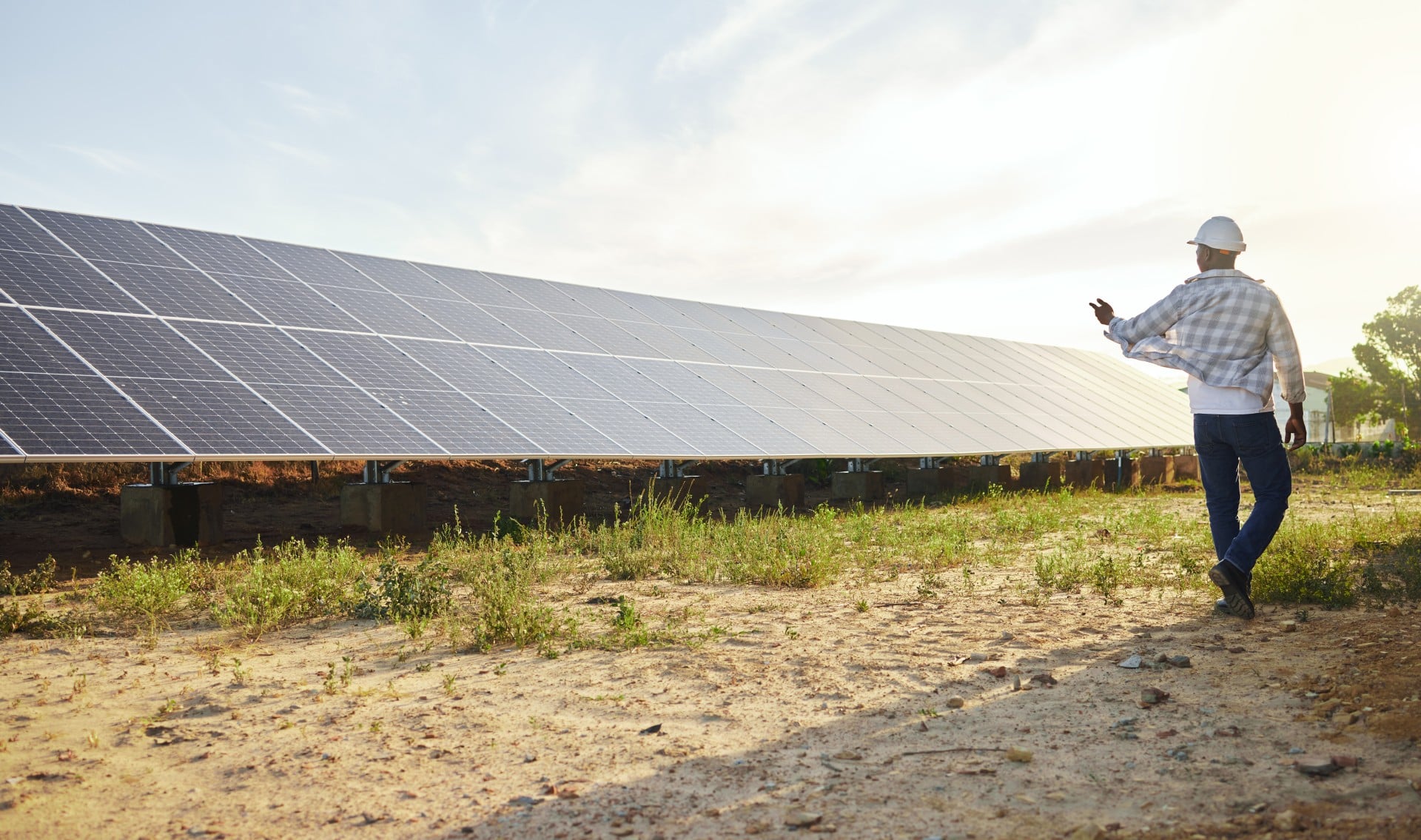Lesotho has taken an important step towards accelerating rural electrification with the development of a new mini-grid regulation framework. The work was led by the Department of Energy (DOE) and the Lesotho Electricity and Water Authority (LEWA) and supported by GET.transform in the context of the EU-funded Renewable Lesotho initiative.
While Lesotho already had the 2021 mini-grid regulations in place, roles, responsibilities, and processes were not sufficiently defined and thus hindered large-scale deployment. This presented a critical challenge, as mini-grids are the most viable solution for bringing power to rural communities. In Lesotho, approximately 69% of the total population resides in rural areas, and 62.3% of that population remain without access to electricity. Clearer rules were thus urgently needed to unlock investment and accelerate electrification in such areas.
The new framework, informed by the African Model Mini-Grid Regulations Tool – a resource developed by the African Forum of Utility Regulators (AFUR) in partnership with GET.transform – provides practical templates that can be customised and adopted by African countries for best practice regulation. Thanks to this knowledge, Lesotho was able to design a framework that defines clear processes for concessions and licensing, introduces transparent rules for tariff setting, and removes legal and technical barriers that previously discouraged developers.
This regulatory clarity is expected to boost investor confidence, enable a faster and more predictable roll-out of projects, and open the market to a wider range of developers, including domestic companies.
For Lesotho, this regulatory upgrade is more than a technical fix – it is a cornerstone for the country’s broader energy transformation. By enabling the scale-up of mini-grids, the framework will help extend electricity access to thousands of Basotho households, businesses, and social services in rural areas. Reliable energy access will in turn drive social development and economic opportunities, ensuring that rural communities are not left behind in the country’s green future.
The draft framework will be reviewed by Parliament by the end of the year. With this achievement, Lesotho may set a strong example for how collaboration, international best practice, and local ownership can accelerate progress towards universal energy access.


